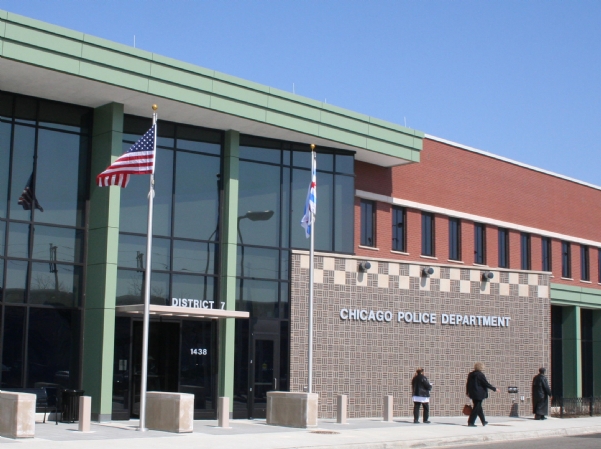Reparations
On May 6, 2015, the city of Chicago approved an ordinance to give $5.5. million in reparations to largely African-American victims of systemic police torture from the late 1970s to the early 1990s. In addition to the financial compensation, the ordinance calls for the Council to issue a formal apology, for the construction of a memorial to the victims, and for the police torture scandal to be added to the city’s school history curriculum. Victims will receive psychological counseling and free tuition at some community colleges and, in recognition of the lasting damage the torture did to the victims and their families, some of the benefits will be available to victims’ children and grandchildren.
Forward Progress
This blog is not to discuss the effectiveness or necessity for reparations, but rather to applaud Chicago for taking such a holistic approach to what Chicago Mayor Rhamn Emanuel describes as a “stain” in the city’s history. The fact that the city was able to have a discussion about race and put teeth to its resolution speaks volumes about its commitment to healing the wounds of their city.
Clearly the accusation that the Chicago Police Department has a “black site” where potential suspects are “disappeared” indicate that there is more work to be done. But Chicago has taken a step that no other US city or state has done, and thus has established itself as a leader in how to address the racial tensions that are inherent in the very fabric of the US.
In writing this entry, I had opportunity to read some of the comments of readers in response to the announcement of the reparations. The focus of most comments was on whether or not financial compensation was required and how could Chicago afford to do this. The discussion was not about the fact that the torture happened, or how do we respond to it. It was purely a “bottom-line” discussion.
Bottom Line
You want to discuss bottom line? Let’s take a look at these numbers then. The city has already paid out $100 million in lawsuit settlements. Of course, you cannot put a price tag on the value of a human life, but $5.5 million to acknowledge you did wrong vs. $100 million to argue that you didn’t do wrong – and still lose? Seems like a no brainer. The costs of fighting (legal and emotional) are so much greater than the costs of just acknowledging, “We did it. We were wrong. How do we move forward?”
If Americans as individuals, businesses, towns, cities, states and a nation can come face to face with the racial tensions and conflicts that have been a part of US life since its inception, there is hope that we’ll make significant progress as a nation in our inter-personal relations.
Originally published June 2015.

